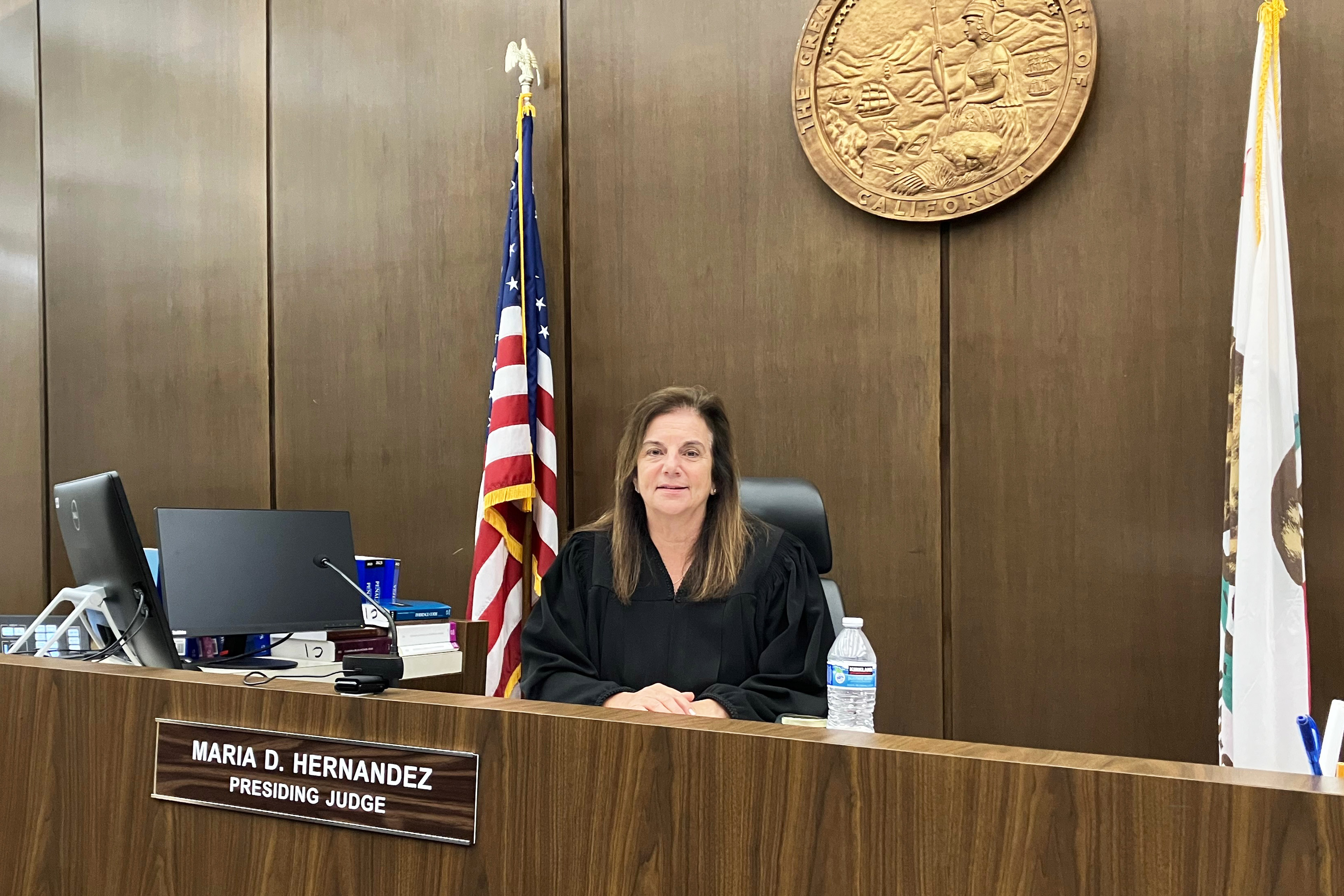“Assessing Claims: Did COVID-19 Vaccines Cause Infertility or Heart Attacks? Insights from a Recent Report”

A recent report from the National Academies of Sciences, Engineering, and Medicine provides insights into the potential adverse effects of the Moderna and Pfizer COVID-19 vaccines, shedding light on concerns regarding myocarditis, infertility, Guillain-Barré syndrome, Bell’s palsy, and more.
Commissioned by the Health Resources and Services Administration, the report aimed to address vaccine skepticism fueled by various health conditions during the pandemic. It reviewed evidence related to over a dozen potential harms associated with these vaccines.
While cases of myocarditis and pericarditis, characterized by inflammation of the heart muscle and lining outside the heart, have been reported post-vaccination, especially among young males following the second shot, most patients recover well with medical treatment.
The committee’s findings suggest that the Moderna and Pfizer vaccines are unlikely to cause Guillain-Barré syndrome, infertility, Bell’s palsy, thrombosis with thrombocytopenia syndrome (TTS), or heart attacks. However, evidence for other potential harms such as chronic headache, tinnitus, capillary leak syndrome, and sudden death was deemed insufficient to establish causal relationships.
Despite efforts to investigate vaccine-related harms in children, the evidence remains inconclusive for this population.
The report also assessed potential adverse effects of the Johnson & Johnson COVID-19 vaccine, highlighting possible associations with TTS and Guillain-Barré syndrome. This vaccine faced scrutiny in 2021 due to reports of rare blood clotting events, leading to temporary pauses and subsequent restrictions on its use.
It’s essential to note that the identification of potential harms does not imply frequent occurrences. The rarity of vaccine-related adverse events underscores their overall safety.
Furthermore, recent CDC findings suggest no linkage between the Pfizer and Moderna vaccines and sudden cardiac death in previously healthy young individuals, further supporting vaccine safety.
Despite challenges in combating vaccine skepticism, notably fueled by public figures, vaccination rates have remained relatively high. The CDC emphasizes the importance of COVID-19 vaccination in protecting against severe illness, affirming that the benefits far outweigh potential risks.
In conclusion, ongoing research and surveillance play crucial roles in understanding and mitigating potential adverse effects of COVID-19 vaccines, ensuring public confidence in vaccination efforts amid the pandemic.





